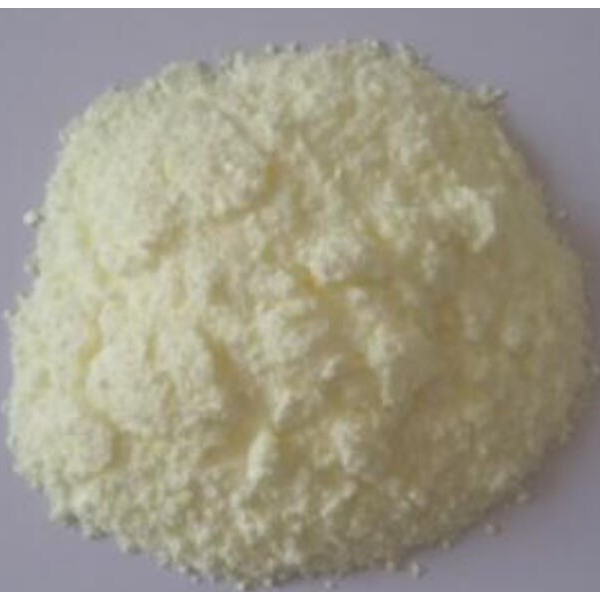When used as a crop or soil, it can colonize in the crop’s rhizosphere or body and play a specific fertilizer effect. At present, microbial fertilizers are improving soil fertility, increasing the utilization rate of chemical fertilizers, inhibiting the absorption of nitrate nitrogen, heavy metals, and pesticides by crops, purifying and repairing soil, reducing the occurrence of crop diseases, and promoting the use of crop straws and municipal waste. Improving crop product quality and food safety has played an irreplaceable role.
Bacteria such as jelly-like Bacillus, Bacillus lateralis, and Bacillus licheniformis in the flora can promote the growth of crop roots and increase fibrous roots. Plant endogenous enzymes and plant growth regulators produced by beneficial microbial flora enter the plant body through the root system, promote leaf photosynthesis, regulate nutrient elements flowing to the fruit, and increase fruit expansion effect. Compared with the application of chemical fertilizers, the output can be increased by 15% -20% under the condition of equivalent investment.
Bacillus lateralis, Bacillus subtilis, Bacillus coagulans, etc. in the flora can reduce the nitrate content in the plant by more than 20%, reduce the content of heavy metals, increase the Vc content in the fruit by more than 30%, and increase the soluble sugar by 2-4 degree. Lactic acid bacteria, Lactobacillus acidophilus, Bacillus coagulans, and Bacillus subtilis can increase the content of essential amino acids (lysine and methionine), vitamin B groups and unsaturated fatty acids in fruits. The fruit has a good taste, is resistant to storage, and has a high selling price.
Beneficial microorganisms such as Aspergillus oryzae, Bacillus licheniformis, and Bacillus subtilis in the flora can accelerate the decomposition of organic matter, produce quick-acting nutrients for the crop, provide power, and decompose toxic and harmful substances in continuous cropping to prevent repeated cropping.
Abundant organic matter can also improve soil physical properties and soil aggregate structure, thereby making the soil loose, reducing soil compaction, conducive to water retention, fertilizer retention, aeration and promoting root development, providing a suitable micro-ecological growth environment for crops, a large amount of organic matter After the beneficial microbial activity, the nutrients required for plant growth can be continuously released to achieve the purpose of long-lasting fertilizer effect.
Post time: Feb-25-2020
